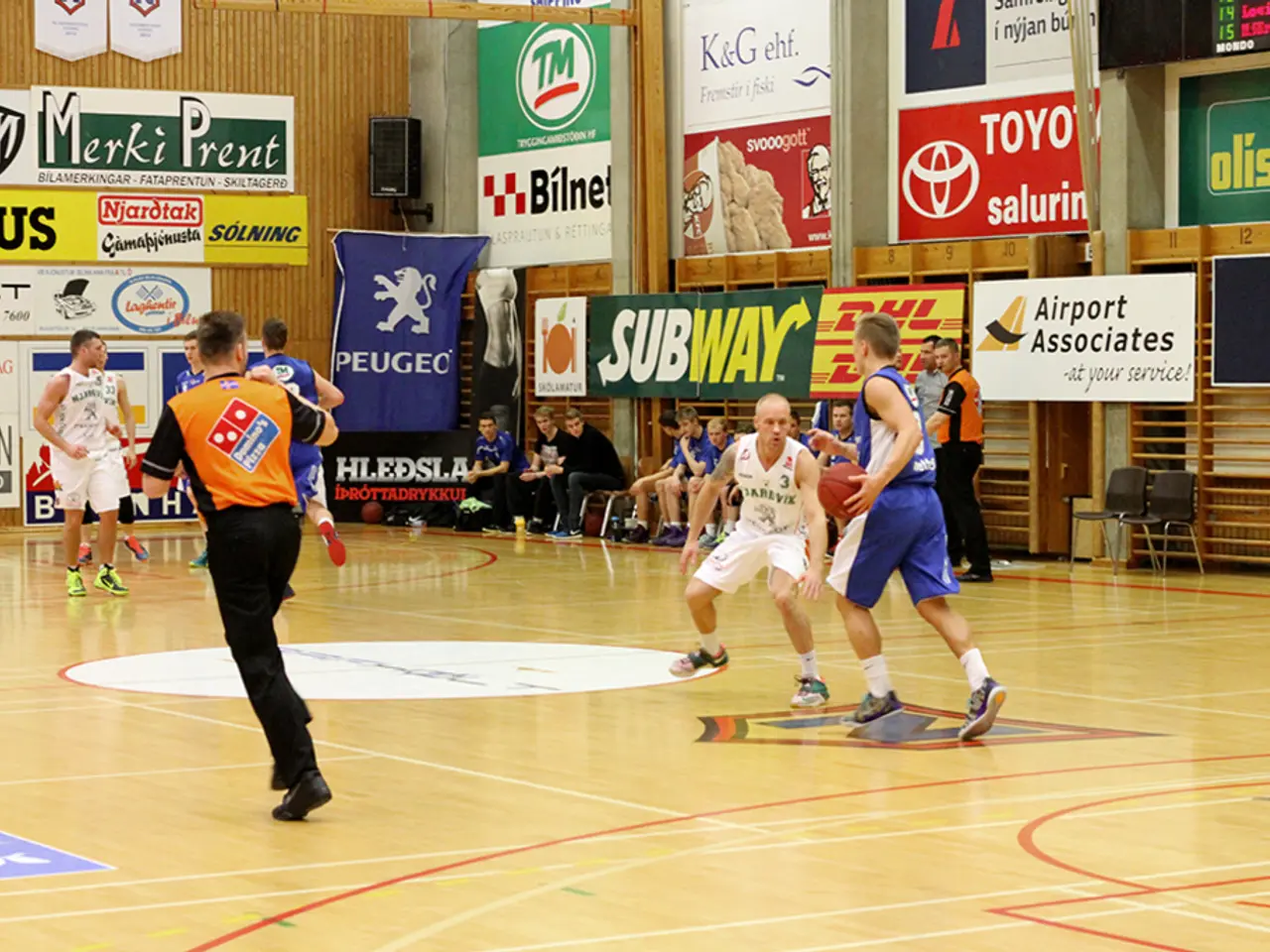Minimumwage is set to increase to €14.60 by the year 2027.
In a move aimed at striking a balance between economic realities and worker protections, Germany's minimum wage is set to rise gradually over the next two years. The current hourly rate of €12.82 will increase to €13.90 from January 1, 2026, and further to €14.60 by January 1, 2027.
This decision, reached by a government-appointed commission representing both employers and labour unions, represents a 14% increase over the next 18 months. The commission's balanced approach seeks to manage potential wage pressures on businesses, especially given inflation and economic uncertainty.
The head of the commission, Christiane Schönefeld, acknowledged the challenge of the decision given the stagnating economy and uncertain forecasts. However, she praised the consensus reached despite complicated talks and public expectations.
Labour Minister Bärbel Bas, from the Social Democrats, expressed that while she and her party had hoped for a higher increase, she can "live well with" the commission's proposal. She appreciated the agreement to avoid further divisive political debate.
Employers, represented by the CDU's general secretary Carsten Linnemann, welcomed the consensus, viewing it as a demonstration of effective "social partnership." He emphasized that wage-setting should remain in the hands of such collective bargaining bodies rather than unilateral government action.
Social associations and trade unions had campaigned for a higher minimum wage, notably the Social Democrats' electoral pledge to raise it to €15. However, they accepted the commission’s phased increase as a compromise.
The minimum wage increase was criticized by employers for political pressure. The SPD's labor wing and the chairwoman of the SPD's working group on work, Cansel Kiziltepe, also criticized the decision for not setting the minimum wage at €15.
Around six million employees will benefit from the increase, according to the German Trade Union Confederation (DGB). The decision reflects Germany's model of labour market governance through consensus between unions, employers, and the government.
The Minimum Wage Commission decides on the adjustment every two years. According to the EU definition, anyone with less than 60% of the median income of the total population is considered at risk of poverty. Last year, around 13.1 million people in Germany were at risk of poverty, which equates to 15.5% of the population.
The commission's decision comes amidst a challenging economic climate, with Germany threatened with a third consecutive year of recession in 2025. The federal states are set to receive a substantial chunk of special assets for infrastructure and climate protection.
The digital economy is expected to see growth this year due to software and servers. However, there's a sector in the digital industry where it's going downwards. The mental well-being of many people, especially young people, is low in Germany.
The minimum wage in Germany was introduced in 2015 under Chancellor Angela Merkel (CDU). The Cabinet has approved an agreement on gas extraction off Borkum, but there won't be any more drilling in sensitive areas. The EU Commission has set a new target for 90% less emissions by 2040.
The coalition is in turmoil over the electricity tax, and a compromise or reversion to old patterns of mistrust and conflict is possible. The current timeline for minimum wage increases in Germany is as follows: On January 1, 2026, the minimum wage will rise from the current €12.82 per hour to €13.90. Then, on January 1, 2027, it will increase further to €14.60 per hour.
The balanced economic and social policy decision to raise Germany's minimum wage represents a significant movement in finance and business, with the hourly rate set to grow over the next two years, impacting various sectors including general-news. The commission's approach, aimed at managing potential wage pressures on businesses amidst inflation and economic uncertainty, is seen as a demonstration of effective social partnership.




